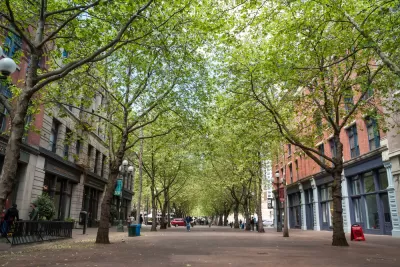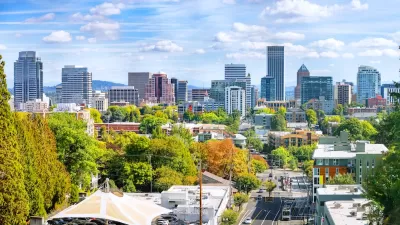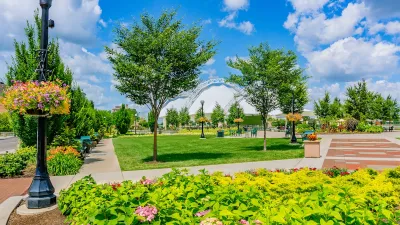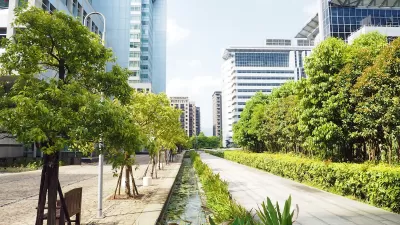Experts emphasize that planting and maintaining trees in urban areas is essential for reducing extreme heat, cooling cities, and preventing heat-related illnesses, especially as heatwaves become more frequent and severe.

As extreme heat events become more frequent and severe due to climate change, experts are urging cities to rely more on trees to mitigate rising temperatures. At a symposium titled Urban Forestry for Changing Times, over 150 arborists, scientists, and community members gathered to discuss the urgent need to plant more trees in California’s urban areas. Researchers like Edith de Guzman from UCLA emphasized that trees are not just aesthetic, but essential for cooling communities by blocking sunlight and providing evaporative cooling.
Scientific studies show that tree canopies can reduce ground temperatures by 11 to 19 degrees compared to areas without trees. Cindy Blain of California ReLeaf, a nonprofit promoting tree planting, noted that trees play a critical role in cooling urban spaces and should be strategically and carefully selected and maintained. The challenge, especially in California, is ensuring trees receive adequate water since they cannot be left unattended after planting as they might be in other regions.
As reported by Rob Hayes, experts highlighted the importance of trees in reducing heat-related illnesses and deaths, particularly in communities with fewer trees. According to de Guzman, neighborhoods shaded by trees experience lower instances of heat-related health issues, underlining the potential life-saving benefits of expanded urban forestry. As temperatures continue to rise, tree planting and care will be vital in protecting vulnerable populations from the harmful impacts of extreme heat.
FULL STORY: Experts: Lean on trees for relief from extreme heat, heatwaves

Alabama: Trump Terminates Settlements for Black Communities Harmed By Raw Sewage
Trump deemed the landmark civil rights agreement “illegal DEI and environmental justice policy.”

Planetizen Federal Action Tracker
A weekly monitor of how Trump’s orders and actions are impacting planners and planning in America.

Why Should We Subsidize Public Transportation?
Many public transit agencies face financial stress due to rising costs, declining fare revenue, and declining subsidies. Transit advocates must provide a strong business case for increasing public transit funding.

Understanding Road Diets
An explainer from Momentum highlights the advantages of reducing vehicle lanes in favor of more bike, transit, and pedestrian infrastructure.

New California Law Regulates Warehouse Pollution
A new law tightens building and emissions regulations for large distribution warehouses to mitigate air pollution and traffic in surrounding communities.

Phoenix Announces Opening Date for Light Rail Extension
The South Central extension will connect South Phoenix to downtown and other major hubs starting on June 7.
Urban Design for Planners 1: Software Tools
This six-course series explores essential urban design concepts using open source software and equips planners with the tools they need to participate fully in the urban design process.
Planning for Universal Design
Learn the tools for implementing Universal Design in planning regulations.
Caltrans
Smith Gee Studio
Institute for Housing and Urban Development Studies (IHS)
City of Grandview
Harvard GSD Executive Education
Toledo-Lucas County Plan Commissions
Salt Lake City
NYU Wagner Graduate School of Public Service





























